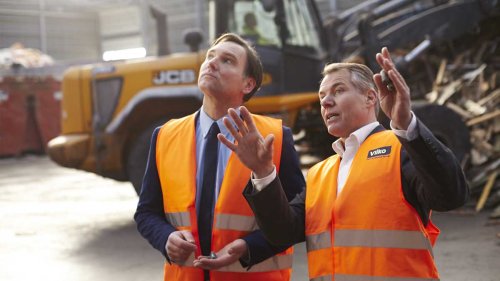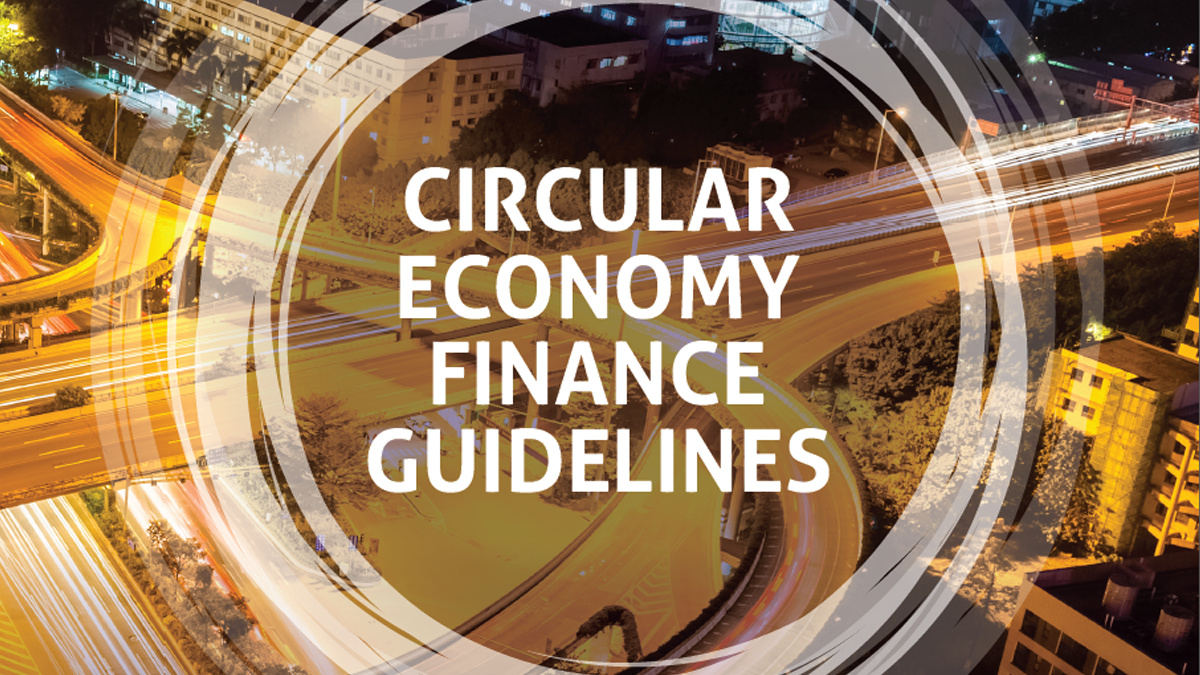What motivates companies to go circular?
17 January 2019
Circular economy is about rethinking how we use our raw materials and resources to create a sustainable economy free of waste and emissions. But why should companies include circularity in their mainstream business?
ING took a look at the construction sector, where the majority of companies aren’t quite there yet. If we want to accelerate the circular transition, it’s crucial to understand what motivates companies to start transitioning at all.

So ING and partners did some research into the construction sector and wrote a report highlighting the top factors we expect to drive the transition to the circular economy. Here they are in summary.
Politics: Circular economy is increasingly becoming a topic on national and supra-national political agendas. These agenda points are already starting to turn into legislation. Like the EU Waste Directive, for example, which stipulates a 70% recycling rate of non-hazardous construction and demolition waste by 2030. Companies should embrace circularity before they may be forced to.
Resource scarcity: Resource scarcity is a key reason why companies should transition to a circular economy. Still, ING’s research shows that this wasn’t a particularly strong driver for businesses in the European construction sector. But we actually do see shortages of specific construction materials (e.g. construction grade sand). Ultimately, the sector will be led not by those with the funds, but by those with the resources.
Market demand: Especially in a strongly demand-driven sector like construction, it’s essential for customer demand to evolve to stimulate the transition to a circular economy. It’s not there yet. Governments can also kick-start demand here. Like in the Netherlands, where the government intends to include circularity in all public tenders as of 2023.
Enhanced product value: Using circular economy principles can stimulate companies to innovate and create new products or services that are more competitive than the linear alternative. Within construction, we specifically see designing for flexibility providing potential value.
Lower costs: Reducing material usage, reusing materials and/or reducing waste allows construction companies to reduce costs. Other positive operational effects could include reduced production time and reduced logistics. Especially modular construction techniques are reported to have the potential to reduce construction costs by as much as 30% to 60%.
Enhanced brand equity: Circular companies are perceived as an innovative and sustainable company by clients, and an opportunity to connect to customers beyond what would be a sales transaction in a linear business model. This creates not only customer loyalty, but also the chance to create new sources of revenues from a service model, for example. Our research also shows that investing in circular economy can help attract and retain a talented workforce.
Sector initiatives: These connect peers across the value chain, including clients. It’s a co-creative setting that stimulates innovation and knowledge exchange, where important agreements can be reached on things like definitions and measurement criteria. Having the government on board makes sector initiatives particularly strong.



